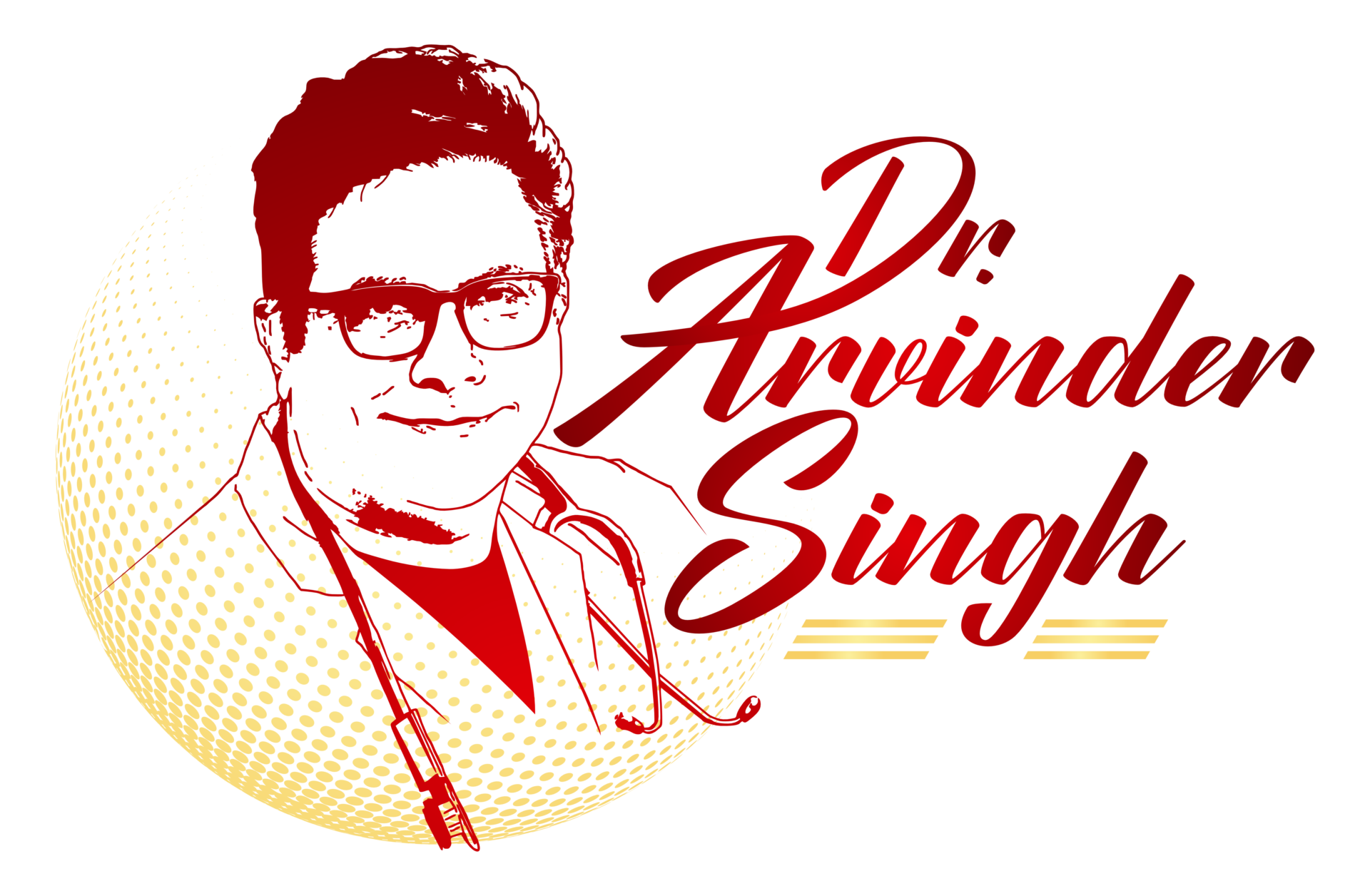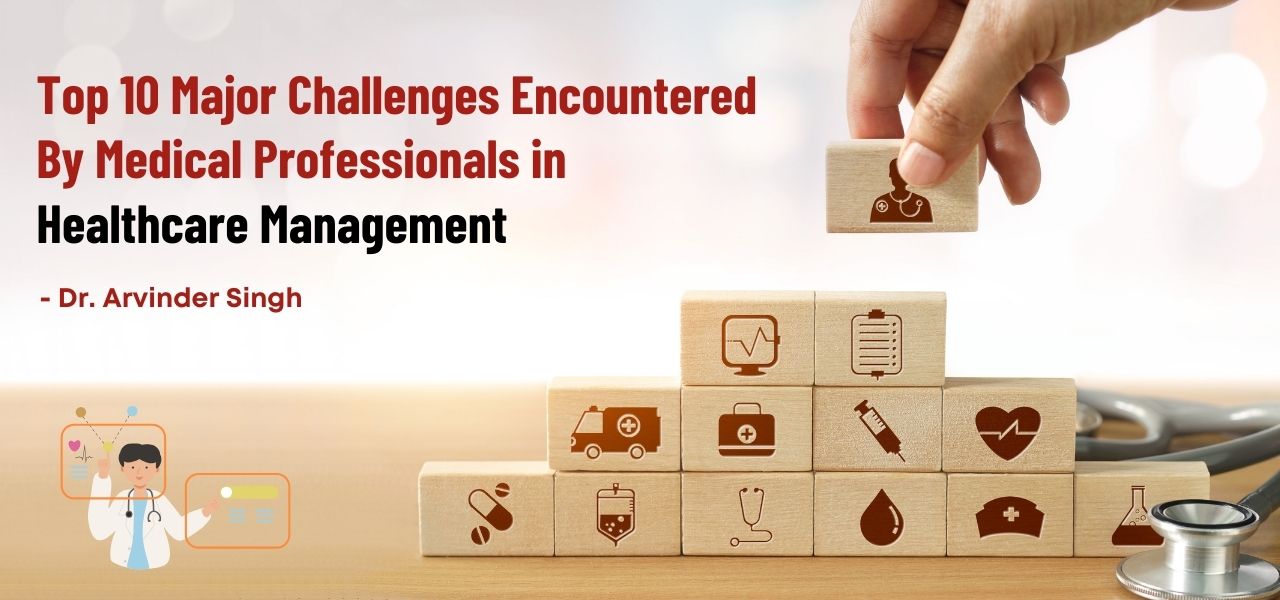In today’s dynamic landscape of healthcare management, medical professionals encounter a myriad of challenges that demand strategic solutions and innovative approaches. From financial planning to talent acquisition, navigating these hurdles requires a comprehensive understanding of the healthcare ecosystem. In this article, we explore the ten most prominent challenges encountered by medical professionals in healthcare management.
Major Challenges Encountered By Healthcare Professionals:
1. Improper Business Management:
Effective business management is crucial for the success of healthcare facilities. Medical professionals often face challenges in optimizing resources, streamlining processes, and ensuring profitability while maintaining quality patient care.
2. Lack of Financial Planning:
Inadequate financial planning can lead to budget constraints, hindered growth opportunities, and compromised patient care. Medical professionals must navigate through financial challenges, such as rising costs, revenue cycle management, and reimbursement complexities.
3. Lower Operational Efficiency:
Optimizing operational efficiency is essential for delivering timely and quality healthcare services. Challenges such as inefficient workflows, resource allocation issues, and outdated systems hinder operational excellence and impact patient outcomes.
4. Challenges in Marketing and Branding:
Effective marketing and branding strategies are essential for healthcare organizations to attract patients and differentiate themselves in a competitive market. Medical professionals often struggle with establishing a strong brand identity, reaching target audiences, and engaging patients through marketing initiatives.
5. Improper Technology Integration:
Technology plays a pivotal role in modern healthcare delivery, but integrating and optimizing healthcare IT systems pose significant challenges. Medical professionals face issues such as interoperability barriers, data security concerns, and resistance to technology adoption, impacting the efficiency and effectiveness of healthcare operations.
6. Strategic Growth Planning:
Planning for sustainable growth amidst evolving healthcare trends and regulatory changes is a complex task. Medical professionals must develop strategic growth plans that align with organizational goals, market demands, and patient needs while navigating challenges such as resource constraints and market volatility.
7. Knowledge of Medical Law and Ethics:
Compliance with medical laws, regulations, and ethical standards is essential for mitigating legal risks and maintaining patient trust. Medical professionals need to stay updated on evolving legal and ethical frameworks, navigate complex healthcare regulations, and uphold ethical principles in clinical practice and management decisions.
8. Negotiation & Communication:
Effective negotiation and communication skills are indispensable for healthcare leaders in fostering collaboration, resolving conflicts, and driving organizational success. Medical professionals encounter challenges in negotiating contracts, managing stakeholder relationships, and communicating effectively with diverse audiences.
9. Unstable Work-Life Balance:
Balancing demanding work schedules with personal responsibilities and self-care is a persistent challenge for medical professionals. Long hours, high-stress environments, and emotional demands impact work-life balance, leading to burnout, decreased job satisfaction, and compromised patient care quality.
10. Talent Acquisition & Retention:
Attracting and retaining skilled healthcare professionals is essential for sustaining organizational success and delivering high-quality care. Medical professionals face challenges such as workforce shortages, competition for talent, and employee turnover, necessitating strategic talent management initiatives.
In the pursuit of mastering healthcare administration and management, the “Professional Excellence in Healthcare Management and Leadership Course” by Dr. Arvinder Singh, emerges as a beacon of opportunity for medical professionals seeking to overcome obstacles and excel in healthcare management. Through comprehensive curriculum offerings, expert faculty guidance, and industry insights, this program equips participants with the knowledge, skills, and strategies to navigate complex healthcare environments successfully. By investing in professional development through this transformative educational journey, medical professionals can position themselves as effective leaders poised to drive positive change in the healthcare sector.


